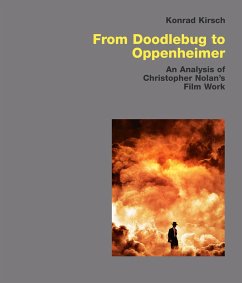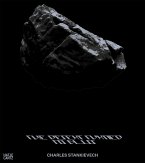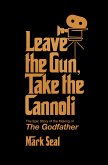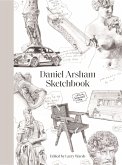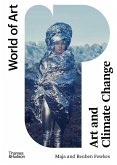The analysis of the corpus formed by Christopher Nolan's works allows us to derive its poetics. Thekey to this is provided by the magic tricks script in »The Prestige«. All of Nolan's films from Insomniaonwards are influenced by this aspect. The analysis not only shows how outstanding Nolan's filmsare, but they also prove to be surprisingly political. The joker in »The Dark Knight« turns out to bethe embodiment of neoliberalism, and in »The Dark Knight Rises«, we see Bane, a populist who benefitsfrom the destruction that his neoliberalism wreaks. »Inception« is an allegory of filmmaking entirelyshaped by the script of magic tricks. »Interstellar« and »Tenet« are about how humanity reactsto the climate catastrophe: in »Interstellar«, all that remains for humanity is to flee into space; in»Tenet«, Nolan allows future generations to fight back against the present. With the first nuclearbomb the protagonist of »Oppenheimer« gives humanity the power to destroy itself. In doing so,he not only heralds the atomic age but also the anthropocene.Other key topics in this analysis: the attack on the Kiev Opera house in »Tenet« and the Russianwar against Ukraine in 2022; the references in »Inception« on Andrei Tarkovsky's »Solaris«; the relationof the dead female characters in Nolan's films to Edgar Allan Poe's »The Philosophy of Composition«; in Nolan's later films, the canary birds of »The Prestige« transformed into planes; the escape from earth in »Interstellar« complemented by the evacuation in »Dunkirk«; the interdependencies between »Interstellar« and Zack Snyder's »Man of Steel«; neoliberalism reflected in Michael Mann's thriller »Thief«; the allusionsin »Tenet« on the James Bond film »Skyfall« by Sam Mendes. Because of the last point, there is a digressionthat deals with »Skyfall«. Against the background of changing gender relations, Bond is looking for anew identity. Silva's homosexuality is a cipher for misogyny, and the femicide on Sévérine is a referenceto the death of Joan Vollmer Burroughs. This includes an explanation of why Bond has to do without his Beretta in Terence Young's »Dr No« and is instead accompanied through his film series by the »triumvirate« of the Walther PPK, the Aston Martin, and the Vodka Martini. These findings are looked at in relation to Daniel Craig's subsequent Bond films.
Bitte wählen Sie Ihr Anliegen aus.
Rechnungen
Retourenschein anfordern
Bestellstatus
Storno

